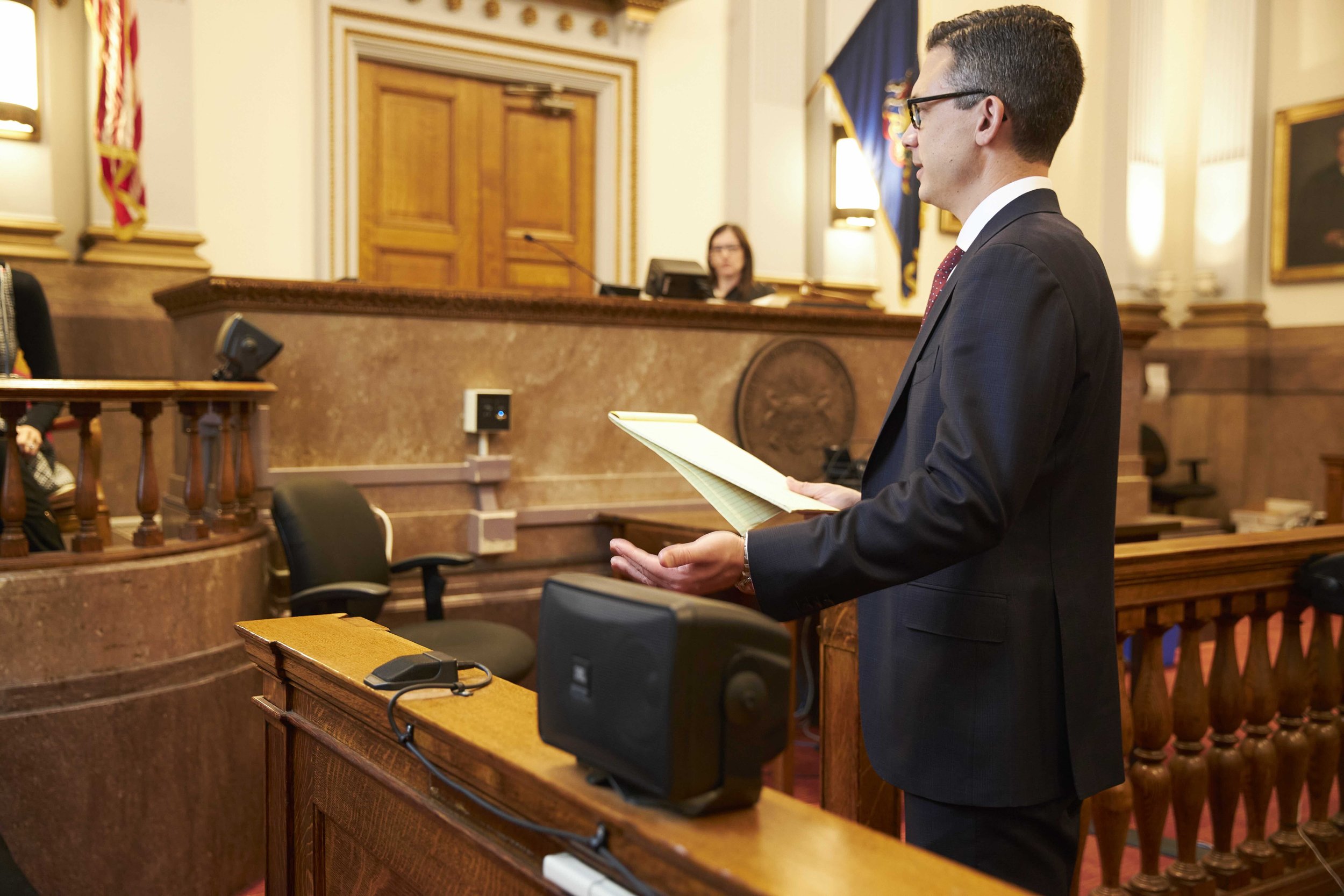Debunking the Refine of Federal Appeals: What You Need to Know
Browsing the detailed realm of federal charms can frequently feel like going across uncharted waters for those unknown with the process. Comprehending the subtleties of appellate court jurisdiction, the complexities of submitting a notification of charm, offering a compelling short, and making a convincing dental argument are vital elements that can significantly affect the end result of a case. By unwinding the layers of complexity surrounding government appeals, people can obtain a clearer insight right into the mechanisms that regulate this critical point of the legal system.
Understanding Federal Appeals Process
Looking into the intricate realm of the government allures process unveils a structured and methodical trip via the judicial system - alaska federal appeal attorneys. Federal allures function as a vital system for evaluating choices made by lower courts. Understanding this procedure is necessary for any individual entailed in legal process at the federal degree
The procedure usually begins with an event dissatisfied with a reduced court's ruling filing a notification of charm. This triggers a review by a greater court, where a panel of judges assesses the legal debates presented by both celebrations. Briefs laying out the legal reasoning behind each celebration's position are submitted, and oral arguments might be heard to clarify complex issues.
The appellate court's decision is based on a detailed assessment of the reduced court's process and the arguments provided. Once the appellate court reaches a decision, it can verify, turn around, remand, or change the lower court's judgment, supplying quality and finality to the lawful disagreement.
Appellate Court Jurisdiction Discussed

Appellate courts have territory over particular kinds of instances, usually those entailing legal errors, step-by-step concerns, or questions of legislation as opposed to accurate conflicts. The jurisdiction of appellate courts is typically described in statutes and laws that govern the court system. Understanding appellate court jurisdiction is crucial for parties associated with the allures procedure as it establishes whether a situation is qualified for evaluation and the extent to which the appellate court can interfere in the lower court's decision.
Declaring a Notification of Allure
The first action in beginning the federal charms process involves submitting a Notification of Charm with the suitable appellate court. federal appeal attorneys in kentucky. This essential paper officially alerts the court and the various other events associated with the case that the appealing party means to look for a review of the lower court's decision. Submitting a Notification of Appeal is a stringent step-by-step demand that sets the appellate find here process moving
When preparing the Notification of Charm, it is necessary to ensure compliance with the particular regulations and standards of the relevant appellate court. The file needs to generally consist of details such as the situation name, the lower court's name, the date of the judgment being appealed, and a concise statement suggesting the grounds for the charm.
Timeliness is essential when submitting a Notice of Appeal. Missing out on the target date for sending this paper can lead to the appeal being rejected, emphasizing the importance of timely and exact initiation of the appeals process. It is advisable to seek lawful advice to navigate the intricacies of filing a Notification of Appeal efficiently.
Briefing and Dental Disagreement
In the appellate procedure, offering composed briefs and engaging in oral debates play crucial functions in supporting for the appealing party's position prior to the appellate court. Briefs are detailed lawful records that detail the celebrations' arguments, lawful authorities, and analysis supporting their settings. These composed entries give the court with a detailed understanding of the facts of the case, the appropriate legislation, and why the appealing celebration believes the lower court's choice need to be overturned.
Adhering to the submission and testimonial of the briefs, dental arguments supply the celebrations a possibility to more clarify their positions, deal with any type of inquiries the appellate courts may have, and highlight bottom lines from their created briefs. Oral debates are a possibility for the attorneys to persuade the judges through verbal campaigning for and reactions to questions from the bench.

Obtaining the Appellate Court Decision

Final Thought
Recognizing the appellate court jurisdiction, filing a notification of allure, preparing briefs, and presenting oral disagreements are all essential parts of this process. Eventually, obtaining the appellate court choice can give quality and resolution to lawful disputes.
As we progress from comprehending the government allures procedure to dissecting the complexities of appellate court jurisdiction, a fundamental element comes to light regarding the authority and limitations of these higher courts in the lawful landscape. Appellate court jurisdiction refers to the range of instances that a certain appellate court has the power to review and decide upon. Unlike trial courts that listen to cases for the first time, appellate courts are restricted to examining decisions made by reduced courts. Comprehending appellate court territory is vital for parties included in the allures process as it establishes whether an instance is eligible for review and the extent to which the appellate court can intervene in the reduced court's choice.
Whether the appellate court affirms, reverses, or remands the lower court's choice, understanding the effects of the judgment is essential for all parties entailed in the appellate process.